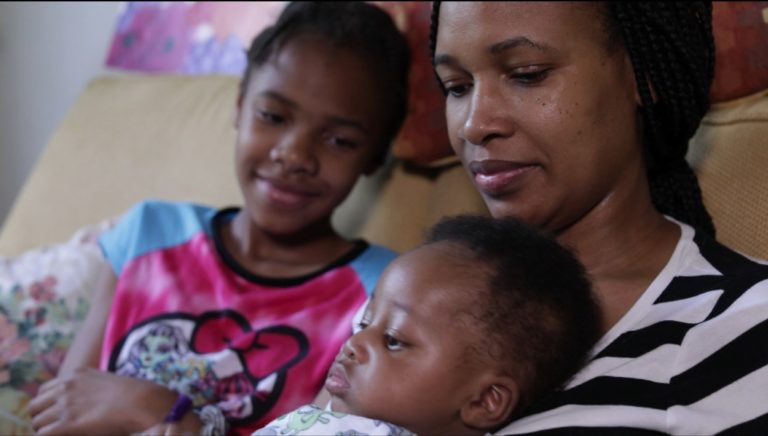Marlise Muñoz was 33 years old and 14 weeks pregnant with her second child when she died. She suffered a pulmonary embolism and was pronounced brain-dead in a hospital in Fort Worth, TX. Marlise had previously told her family that she never wanted to be on life support, under any circumstances. And since a brain-dead patient is in fact legally dead, that should have been the end of this sad story. But the Muñoz family was forced to keep Marlise on mechanical support against their will for 62 days, because of a little known law that states “a person may not withdraw or withhold life-sustaining treatment… from a pregnant patient.”
What followed was a painful ordeal, with critical implications about bodily integrity, rights and liberty.
The media picked up the story and the blogosphere wildly debated what choice the family should make. But the bottom line was: the family didn’t have a choice. The case ignited polarizing opinions; one side argued that if anything could be done to save this fetus, it should. The other claimed that the State was imposing a ghoulish and cruel mandate on the family, using a dead woman’s body to incubate a fetus.
The film reveals that this is not an anomaly: there are currently 32 states (and counting) with similar or identical pregnancy exclusion policies. The Muñoz’ personal journey is the jumping-off point for a timely examination of a growing trend of laws that seek to control a pregnant woman’s body.
Even her dead body.



